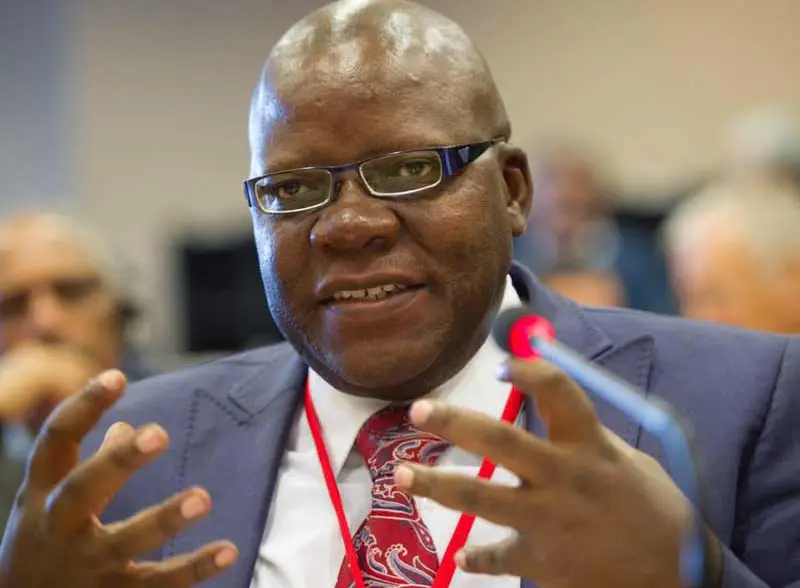By Staff Reporter
FORMER Finance minister Tendai Biti has rejected President Emmerson Mnangagwa’s “2030 agenda”, calling it a corrupt plan meant to hedge ill-gotten wealth and thrust known plunderers into powerful government positions.
According to vocal war veteran Blessed ‘Bomshell’ Geza, Mnangagwa’s third term bid known as “2030 agenda” is being pushed by corrupt individuals surrounding him, who include his ally Kuda Tagwirei, controversial businessmen Wicknell Chivayo, Obey Chimuka and Scott Sakupwanya, Finance Minister Mthuli Ncube, Finance Permanent Secretary George Guvamatanga, former Reserve Bank of Zimbabwe (RBZ) Governor John Mangudya and others.
Geza also recently claimed that Mnangagwa was clandestinely grooming Tagwirei to take over the presidency, thereby thwarting his deputy Constantino Chiwenga’s leadership ambitions.
Tagwirei has started maneuvering into the structures of the ruling party Zanu PF after his name was put forward by the Harare provincial leadership to assume a role in the Central Committee, one of the party’s most powerful organs.
However, Biti condemned Mnangagwa’s plot to perpetuate his incumbency and expressed strong opposition to the corrupt cartels and individuals, who have been looting Zimbabwe’s wealth for years.
“We are totally opposed to the third term agenda and its cousin Agenda 2030.We make no apology for this.
“We firmly believe that this is an agenda spurned by corruption and the need to protect lucre loot and ill begotten sachets.
“We therefore stand firmly against cartels, bandits, charlatans and brigands, who have been looting Zimbabwe for decades.
“We object to dangerous attempts to elevate some of these looters into the country’s corridors of power.
“We are not members of Zanu PF. We refuse to be drawn in by their endless toxic factions and power struggles,” Biti wrote on his official social media account.
Tagwirei has come under fire for allegedly using his close relationship with Mnangagwa to secure lucrative government deals, growing his influence in mining and fuel, and taking key leadership roles in agriculture and land policy.
